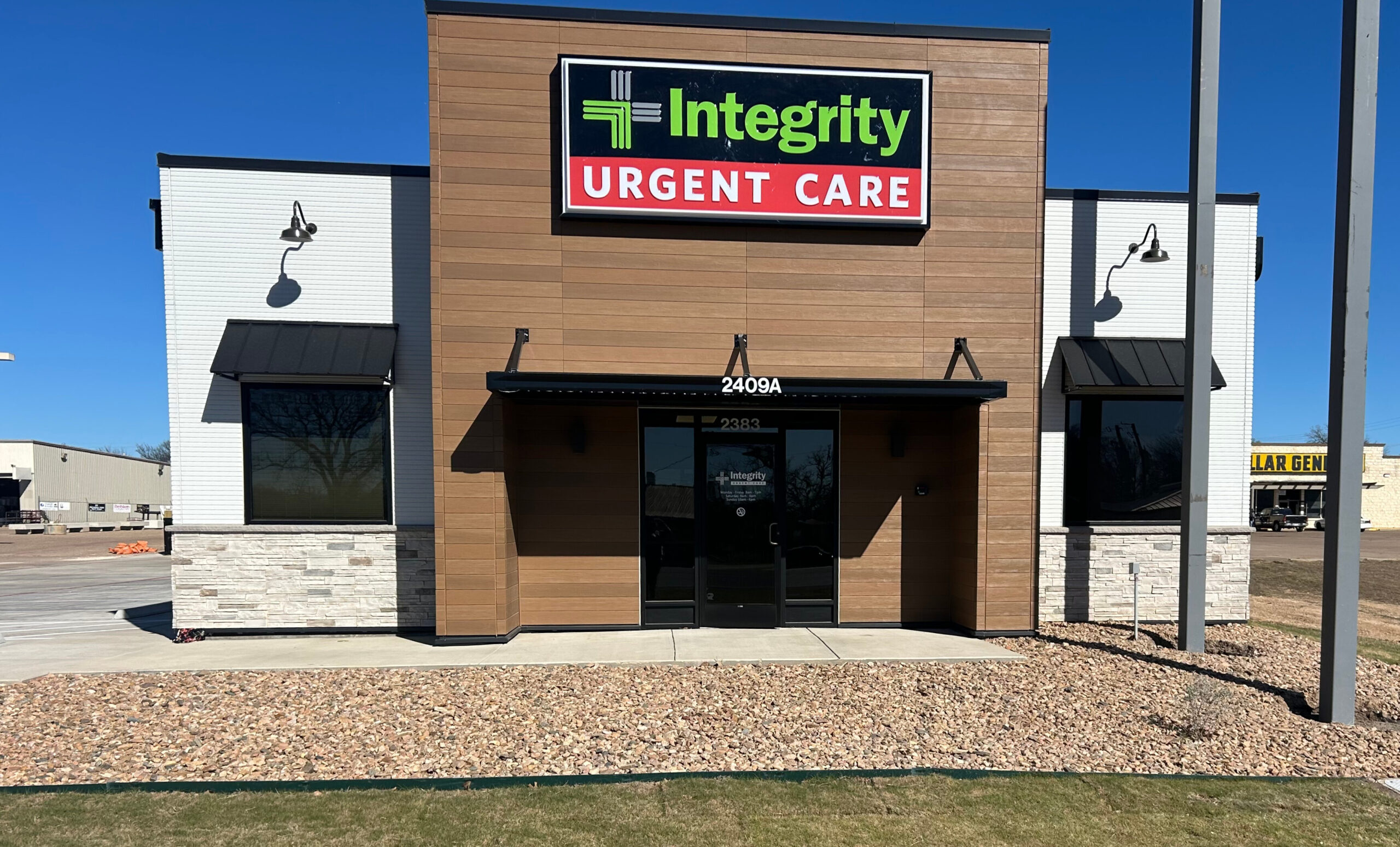We’ve spent a lot of time dealing with COVID-19, but that’s not the only virus being spread around the USA lately. Other common illnesses have begun popping up with alarming numbers of cases, including an uncommonly quick start for the flu season. Also on the rise is RSV. This is alarming for some, especially since it’s primarily affecting children. More than nine out of ten pediatric hospital beds are occupied in Minnesota, Maine, and Texas, and across the other states, beds are averaging three-quarters full.
So what exactly is RSV, how severe is it, and what do we need to do to protect our children and ourselves? Let’s unpack this virus in detail. If you think you or your child may have a severe case of RSV that needs treatment, find your nearest Integrity Urgent Care clinic.
What is RSV?
RSV, or respiratory syncytial virus, is a common respiratory virus that causes cold-like symptoms. Most often, RSV isn’t particularly severe, and most people who contract it should recover within a couple weeks without visiting a doctor. Like the flu, however, it can lead to major problems for very young children and older adults. It’s currently the most frequent cause of both pneumonia and bronchiolitis in children less than one year old in the United States.
Why are RSV cases spiking right now?
Scientists aren’t certain why RSV is currently spiking, but many agree there is a likely connection between the rising rates and the COVID-19 quarantines. Nearly everyone has been masked and isolated for much of the last several years, leading to underdeveloped or weakened immune systems, especially in kids under two years old. It’s a possibility that exposure to common viruses and ailments like colds would have better prepared children to not develop severe RSV symptoms.
Regardless of why RSV is surging, it’s crucial to keep on the lookout for the symptoms of RSV so you can best identify and deal with it accordingly.
What are the symptoms of RSV?
When infected, people typically develop symptoms within four to six days of exposure. Symptoms appear inconsistently, but they usually include:
- Reduced hunger
- Sneezing
- Fever
- Coughing
- Sneezing
- Runny nose
How contagious is RSV? What causes it to spread?
RSV is severely contagious. By the time they turn two, nearly every child in the United States will have been infected with the virus at some point. RSV spreads almost exclusively through fluids. When someone with the virus coughs or sneezes, they release droplets into the air that can infect anyone they encounter.
RSV also can live on hard, contaminated surfaces like crib rails, doorknobs, or countertops for several hours, so you can be infected by someone you never come into contact with. At the same time, direct contact is even more likely to result in infection. This can even happen when an adult kisses a child’s cheek. RSV is also capable of surviving on hands for several hours, so handshakes are sometimes best avoided.
How long is RSV contagious?
Most often, anyone who becomes infected with RSV will be contagious for three to eight days. However, some people, especially young kids and those with weakened immune systems, can be contagious for up to four weeks.
Is there an RSV season?
Typically, the RSV season goes from October to April, but this can change depending on where you live. For the most current information, refer to the CDC’s surveillance reports for RSV.
It’s also worth noting that COVID-19 altered the usual RSV season in the USA. Rates of infection rose in the spring of 2021, and they began in early 2022. It’s difficult to predict how and when rates will change right now, so it helps to prepare for a spike at any time.
What can I do to avoid RSV?
The virus may not usually cause big problems, but it’s still worth avoiding, even if you and your child don’t have high risk factors. RSV is still unpleasant, and daily life will become more challenging even in mild cases. Follow these rules to help prevent catching or spreading RSV:
- Cover both your nose and mouth when your sneeze or cough
- If you see someone coughing or sneezing, maintain a six-foot distance
- Wash your hands often for at least twenty seconds, and always use soap and water
- If you encounter someone who appears symptomatic, avoid close contact like shaking hands, kissing, hugging, or sharing cups or dishes
- Whenever possible, limit time spent at child care facilities
Should I treat RSV at home or go to a doctor?
In most cases with mild symptoms, you don’t need to visit a doctor. Relieve you or your child’s symptoms and wait until the virus runs its course. Manage any pain with over-the-counter medicine (choose child-friendly medicine for kids). Have plenty of water to stay hydrated, eat nutritious foods, and get plenty of sleep.
You may want to seek treatment or medical advice if you suspect a severe case of RSV. You should visit a doctor if any of these symptoms apply:
- Severe, persistent dehydration (for young children, you should expect at least one wet diaper every eight hours)
- Heavy or labored breathing
- Reduced energy or alertness
- Blue or gray color on skin, lips, or tongue.
Additionally, if you or your child meets high risk factors, you may want to seek treatment right away. These risk factors include:
- Heart defects
- Compromised immune system
- Breathing problems or lung disease
- Premature birth
- Twelve weeks old or under
RSV Treatment at Integrity Urgent Care
If you or your child is infected with RSV and you’d like treatment, Integrity Urgent Care will help. It doesn’t matter if you have high risk factors, severe symptoms, or you’d just rather be safe than sorry. Our talented and compassionate healthcare providers will help you determine what needs to be done. Find your nearest Integrity Urgent Care today.



